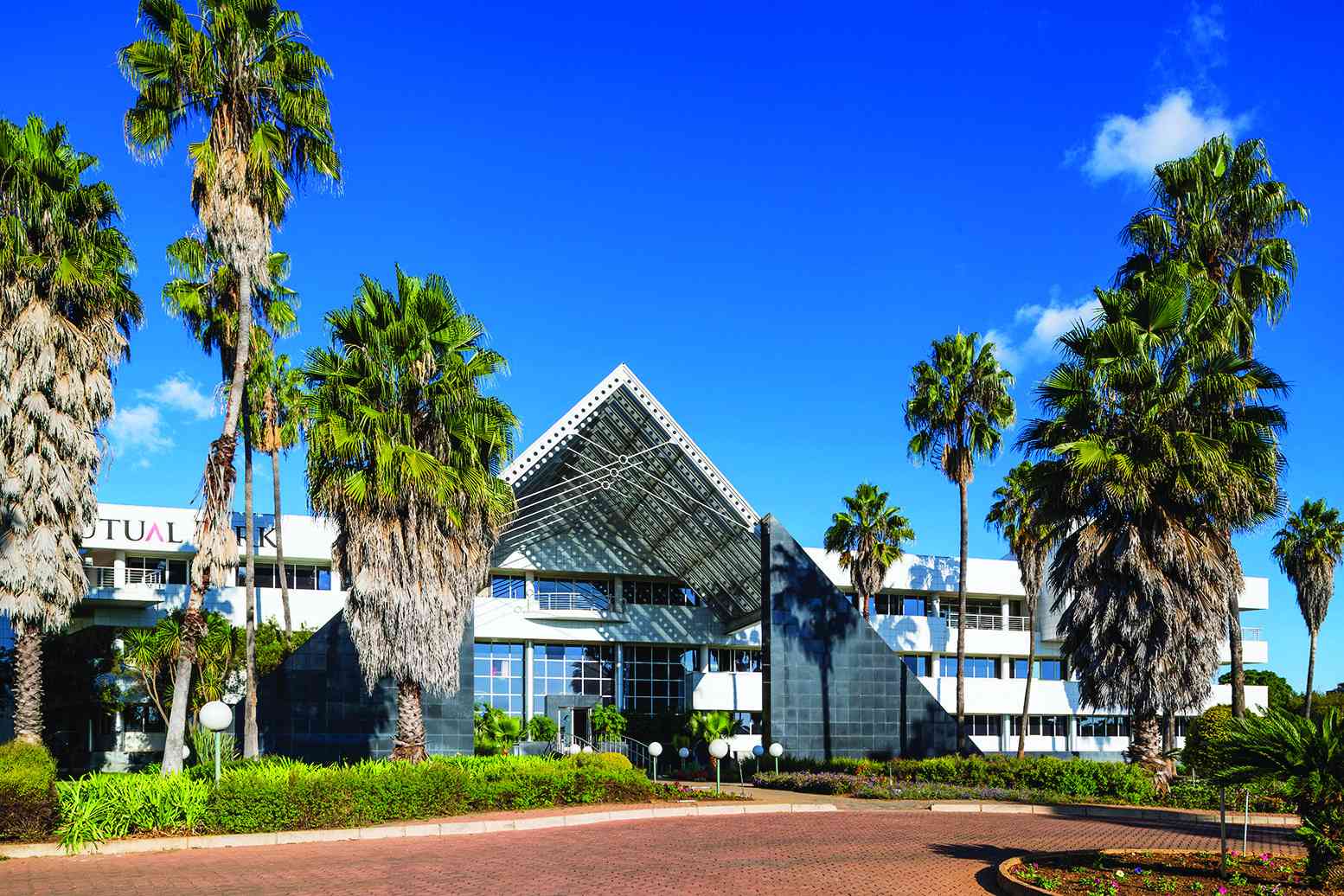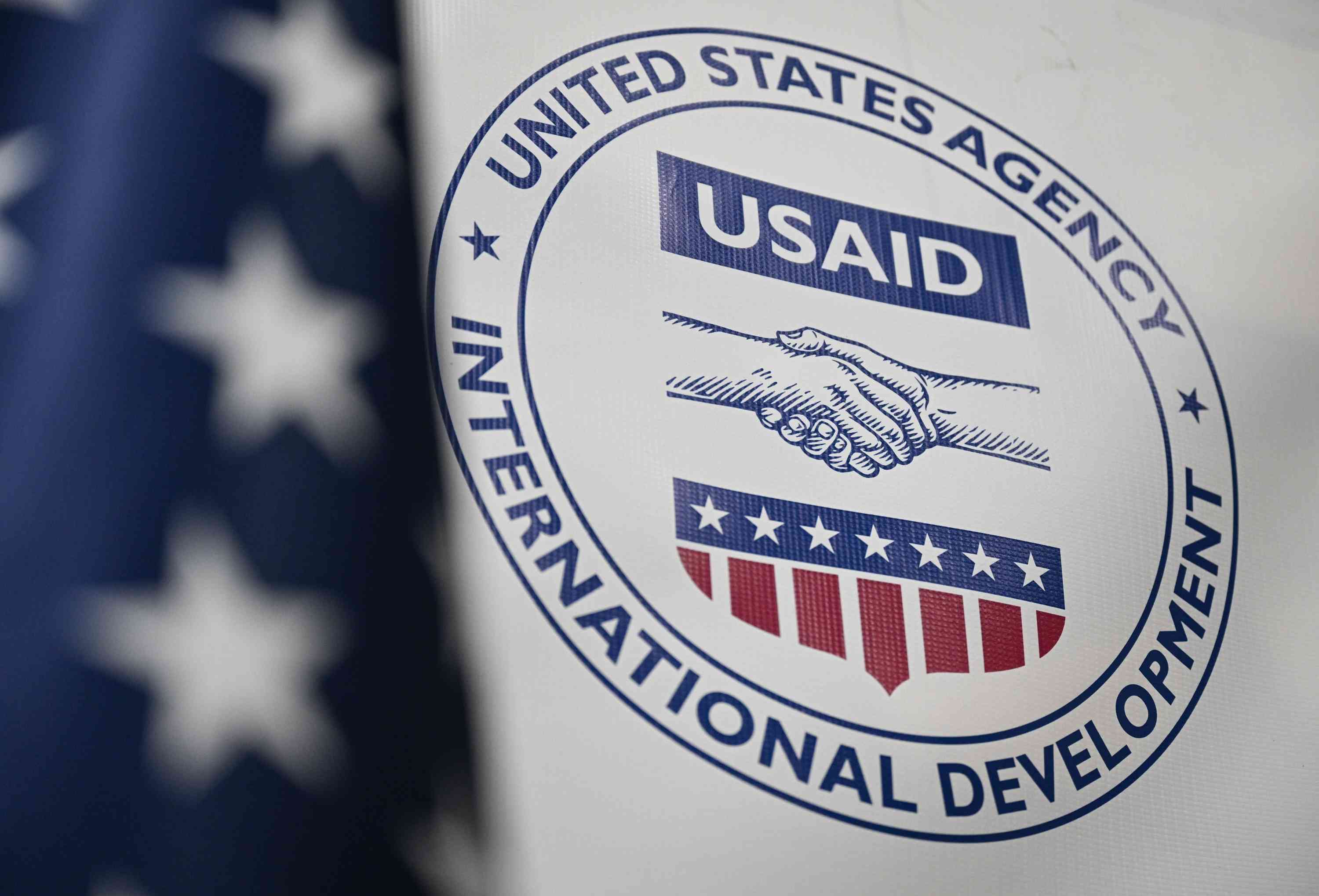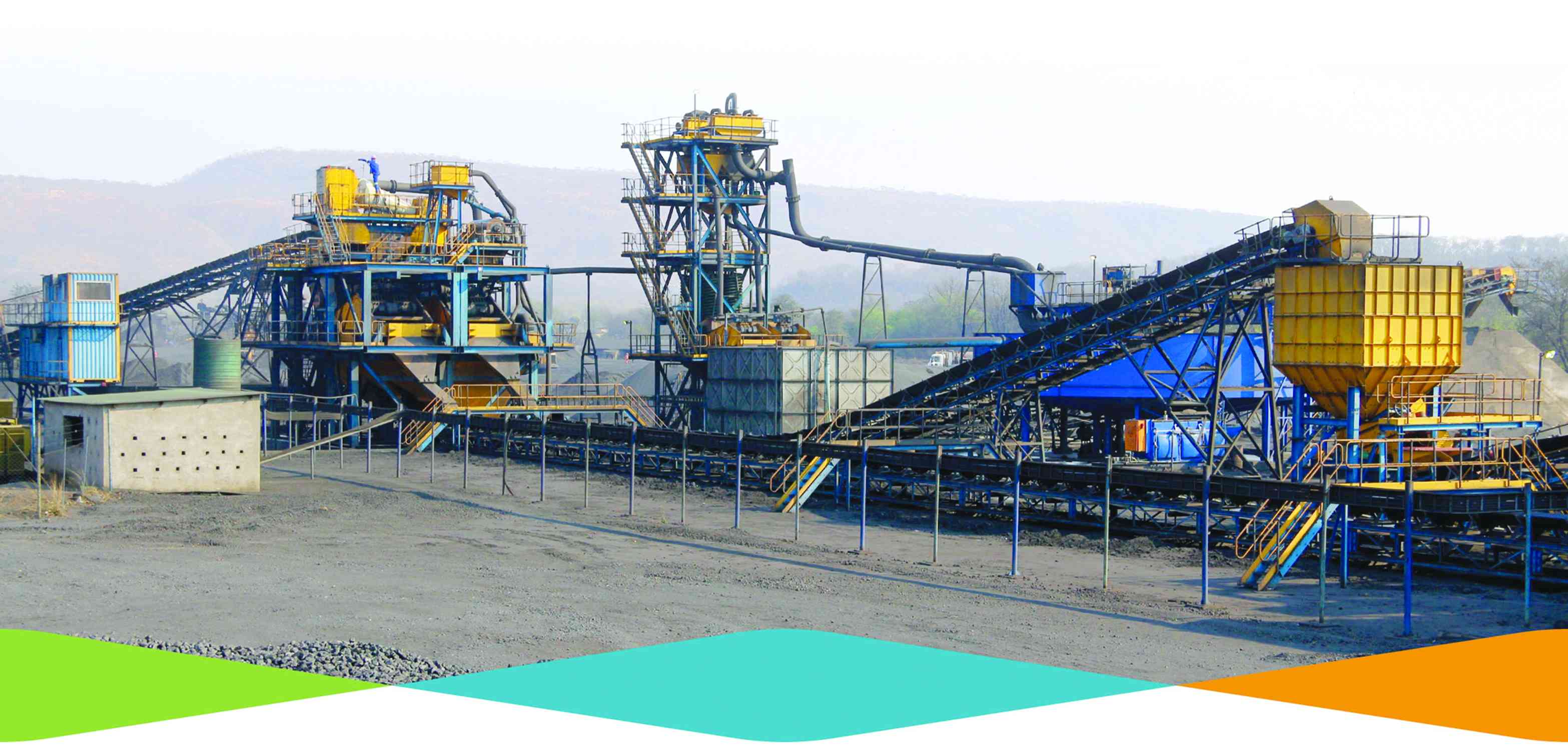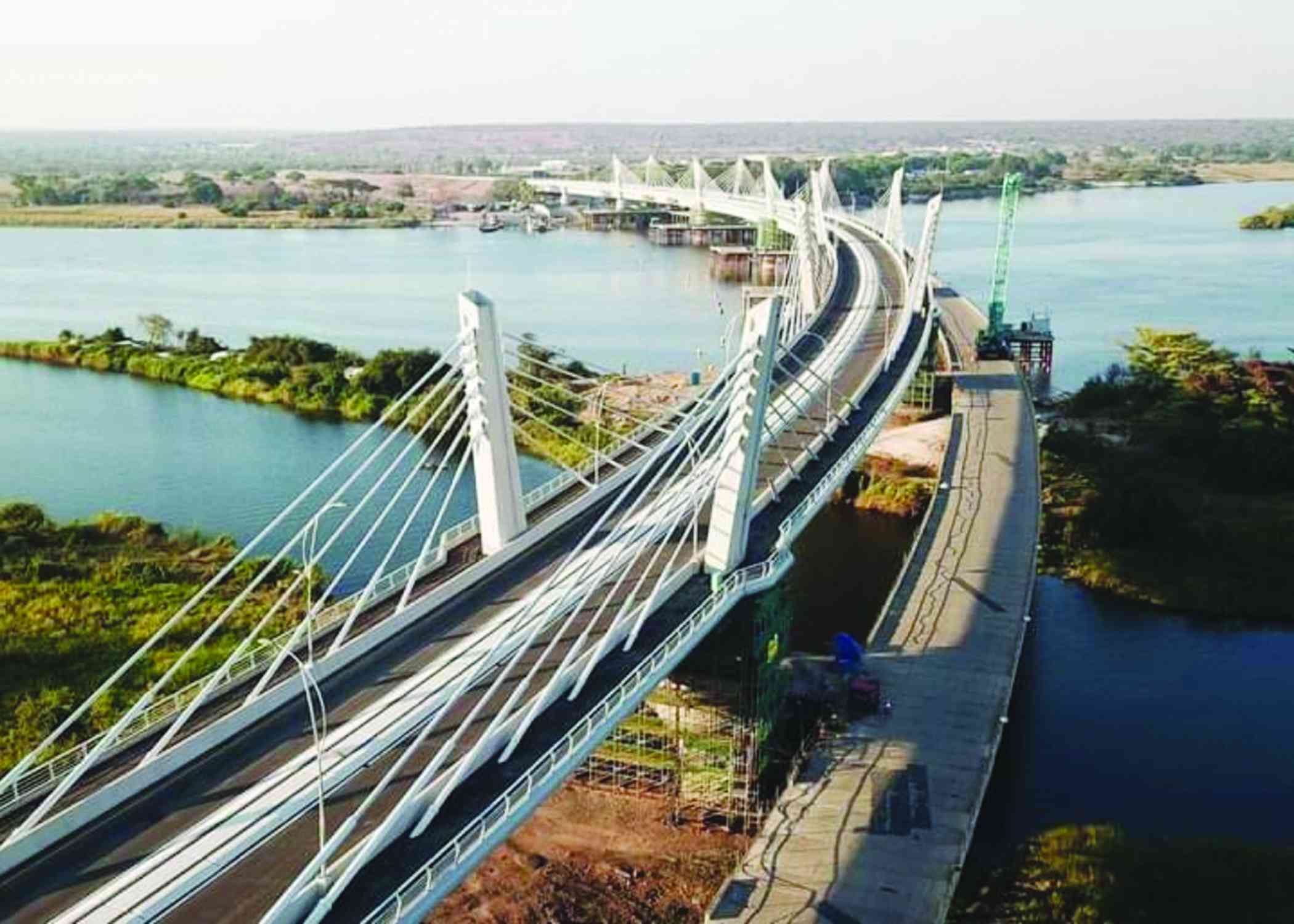After rising through the ranks of the state-run mobile telecoms firm, NetOne, Raphael Mushanawani (RM, pictured) was appointed chief executive officer in 2021. This week, our business reporter, Freeman Makopa (FM) spoke to the man who says his ambition is to topple the Zimbabwe Stock Exchange-listed Econet, and ‘reclaim’ his firm’s position as the industry's leading operator. Mushanawani also spoke about how he sees the market following the entry of Starlink into the domestic market. Here is how their discussion turned out:
FM: What have you achieved so far since you took over?
RM: I was employed by NetOne as information technology (IT) director in 2015, before becoming the chief information officer. When the vacancy for CEO availed itself, I saw myself being appointed to the post. From the time I assumed this post, we have gone through a lot in terms of building the network, modernising it, and making sure we meet the aspirations of the government of Zimbabwe. We have also made sure we fulfil the National Development Strategy 1, which focuses on bridging the gap between rural and urban, making sure the digital divide is closed. That has been the focus - modernising the network so that we can offer data to Zimbabweans.
FM: Tell us about investments into the business
RM: One of our biggest projects is the national mobile broadband Phase 3, which was funded by China Exim Bank to the tune of US$218 million. I am happy to report and give feedback that come the end of 2024, we should be able to close that project. Our vendor, Huawei, has made a commitment that we will see Phase 3 coming to an end this year.
FM: How much do you need to complete your short-term expansion projects?
Keep Reading
- Taking on solar’s cybersecurity challenges
- Old Mutual tech-hub hosts women coders bootcamp
- Covid-19 tailwinds haunt Zim local authorities
- Let the world hear
RM: Technology changes everyday. It will not be prudent to say I need this much to do this at this stage. It remains a strategic issue for us to announce that figure, but what I can say is we are striving to make sure (we have) the minimum technology on the network - 4G, which is LTE. We want to make sure every base station has 4G capability.
Once we achieve that, we lay the foundation to work on capacities and other services that we want to build so that people can enjoy data. I am sure you know that data is the end game.
FM: What are your immediate plans?
RM: The immediate focus is transforming the legacy technologies to 2G, 3G, to 4G , which we need to do as soon as possible. After that, we need to expand and improve on our network coverage both in urban and rural areas. We want to make sure the customer experience is good. It is of no use to have a base station where you make many attempts to make a call. That is not acceptable. We want to make sure we optimise the network, we work on our capacities. Once our subscribers see a flawless network, we will start building the world-class network. That is our aim - to make sure we have a world-class network that is running. We don't want you to go overseas and say the experience that I am having overseas is much better than back home. When you travel, we just want you to feel the same experience.
FM: Has the arrival of Starlink created competition for you?
RM: Starlink has introduced a technology which is based on low-earth orbit satellites. We cannot stop that technology. We need it. In fact, if you ask me, I would want to use that low orbit satellite to deliver the signal to your handset. I am looking at mobility rather than the stationary approach that Starlink has brought. What Starlink has simply done for us is to make sure we move faster to achieve our dreams and that has been our dream - to make sure we bring technology to those remote areas where you cannot run a fibre cable, where it is expensive to deploy a microwave. When you are now using your low earth orbiting satellites, it becomes convenient. There is no space that will be hidden from the network hub. That is what we want to achieve. It is work in progress. But where possible, if Starlink can give us the bandwidth that we require to interconnect other services, say for example, base stations, we will be using them. We will be working together with Starlink.
We are not going to view Starlink as competition.
FM: Has the business been profitable?
RM: It is a tricky question. I am sure there are a number of ways that you would want to measure the environment under which we operate. First and foremost, let us look at what affects telecoms. The issue of us accessing fuel in hard currency, and the issue of load shedding, will give us a good picture. We rely mainly on commercial power. If we have power outages, we lose revenue. It then speaks to the issues that you are raising of profitability at the end of the day.
FM: How are you addressing some of these challenges?
RM: We are working hard to invest in clean energy. But this is not an event, it cannot be done overnight. We are working hard to make sure we deploy alternative clean energies to support our base stations and other infrastructure so as to be in a position to offer the mobile telecommunications services to our customers. At the moment I think it is prudent for me to just echo sentiments around commercial power. Because what happens is we then resort to diesel generators, which are expensive and not environmentally friendly. We are conscious of what happens to climate if we do not use clean energy. But efforts are underway to make sure we attain our targets of making sure we are using clean energy in our base stations.
FM: We have been experiencing network challenges over the past few weeks. What was happening?
RM: I think the biggest challenge we face is vandalism to telecommunication infrastructure. That has remained a pain point not only for us but the entire telecommunications industry. We are losing lithium batteries, we are losing fuel in terms of diesel, and we have had our security personnel being attacked. Some of them have been left almost dead, badly injured by these thieves. So, it is an area of concern. And it is impacting not only the viability of NetOne, but it then affects even business in general. Business does depend on communication. We are in that business to make sure communication takes place. Just look at what happens at a toll gate if payments don't go through. It just creates chaos. It also affects the same way when you are shopping in a supermarket shopping.
I think we will keep on lobbying authorities for hefty fines or harsh sentences to be meted to those who commit such crimes.
FM: You mentioned network expansion. Are you being funded by local banks?
RM: We are using internally generated resources to fund all our operations at the moment. There are technicalities for us, which are not allowing us to borrow from our banks, and I am sure Mutapa Investment Fund is working on it to make sure our balance sheet is restructured. Once that happens, I think we can freely approach the banks and they are more than willing to work with us. We have the ability to source funding locally to then fund our operations.
FM: Companies have been failing to borrow from international banks. Can you shed more light on that?
RM: You are aware that Zimbabwe has not been a destination for foreign investment and local companies cannot borrow from outside because of sanctions. So currently we are restricted from borrowing. But if there is a foreign bank that is willing to assist, we are more than willing to work with them. In fact, we will always keep knocking on their doors because it is us who are looking for funding.
FM: You are now part of the Mutapa Investment Fund. How has that benefitted you?
RM: We remain under the Ministry of ICT, Postal and Courier Services. We do not want to send a wrong signal that we have been divorced from them. But I think what has happened is that Mutapa is focusing on certain entities with a certain mandate to ensure that state owned firms realise a huge turnaround. I am sure time will tell and I am sure we should be able to get the desired results that the government wants, because it is the government that saw it fit that this arrangement comes into effect. Our position is very simple; it is to support what the government wants to achieve at the end of the day, and we will continue like we have done before when we were directly being managed through the Ministry of ICT and Courier Services. The same will happen now that we are under Mutapa.
FM: How many subscribers does NetOne have and how does it compare with other networks?
RM: We remain number two in the market. It is not a good position that we want to find ourselves in. We all know who is the dominant player. However, we are confident that in the not-so-distant future, we will reclaim our position. We are NetOne and I do not see why we should not be number one. So I am seeing that very soon we should be the most preferred network, the most efficient network, and the network with the widest coverage, with the most subscribers. This will happen soon.
FM: Between data and voice, which one brings in more revenue?
RM: What we have seen recently is that our customers are now using more data as compared to voice.
We have seen a decline in the usage of voice and an increase in the usage of data. So naturally data brings more revenue because of the numbers. And in any case, I think COVID–19 taught us how things can be done. This is where we actually saw the potential of data compared to voice. Everybody was now using data to work from home and to do most of the communication. I think there is now an adage that has been coined that data is life. When you are providing life, you need to ensure that you provide it adequately.





